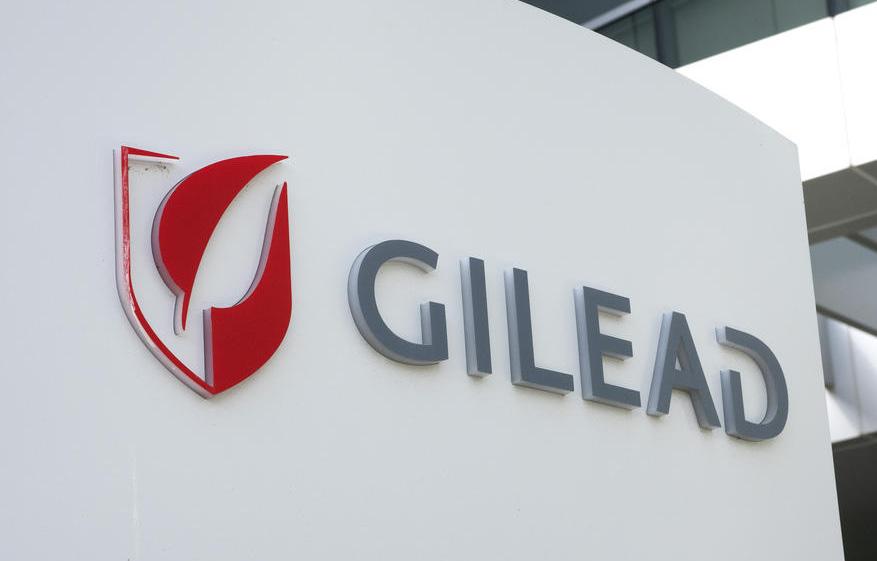
2 minute read
Gilead gives glimpse into feverish drug market
Corporate DispatchPro
ROBERT CYRAN VIA REUTERS BREAKINGVIEWS
Gilead gives glimpse into feverish drug market
Medicine may be a science, but drug pricing is definitely an art. That’s especially true of Gilead Sciences’ treatment for Covid-19, given the lack of alternative treatments for a pandemic. The $2,300 price of a course of remdesivir may sound high – and is compared with the basic cost of manufacturing the stuff – but is actually fairly restrained.
Start at the bottom. The marginal cost of producing remdesivir is probably less than $600, according to the Institute for Clinical and Economic Review, an independent non-profit. But companies must spend heavily to research and develop drugs. Factor in Gilead’s development expenses for 2020 and the cost rises to $1,600.
Drugs come with many other costs too, including the need to subsidize products that failed in development. The Tufts Center for the Study of Drug Development estimated in 2014 the average new drug costs about $2.6 billion to develop, all in. If pharma companies keep 40% of their revenue as profit, Gilead would have to sell roughly 3 million courses of remdesivir to cover its costs at that $2,300 price.
An alternative question is not what it costs, but what it’s worth. The drug has been shown to help severely ill patients recover four days faster. Gilead Chief Executive Daniel O’Day says four days in a U.S. hospital costs about $12,000. The real upper limit to what the market could bear for remdesivir might be even higher, since there are no proven alternatives, and Covid-19 has the potential to overwhelm intensive care units.


Corporate DispatchPro

Gilead is wise not to test that limit. U.S. healthcare costs are already inflated, and charging what people might pay would create a political minefield. A majority of American voters said healthcare costs were one of the most important issues during the 2018 midterm elections, according to pollster KFF. Ahead of November’s presidential election, the $94 billion pharma group’s restraint may help it accumulate political capital. Prevention is better than cure.



